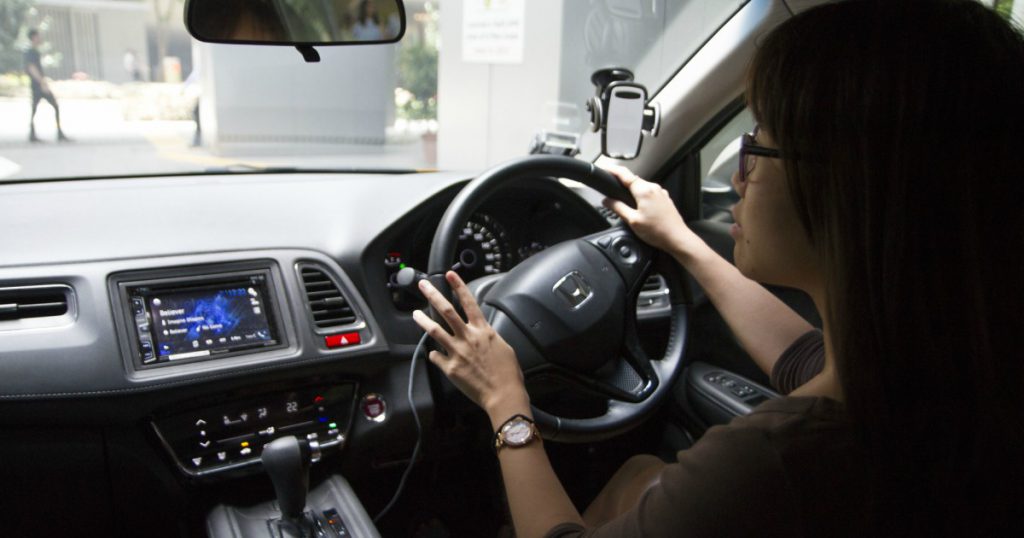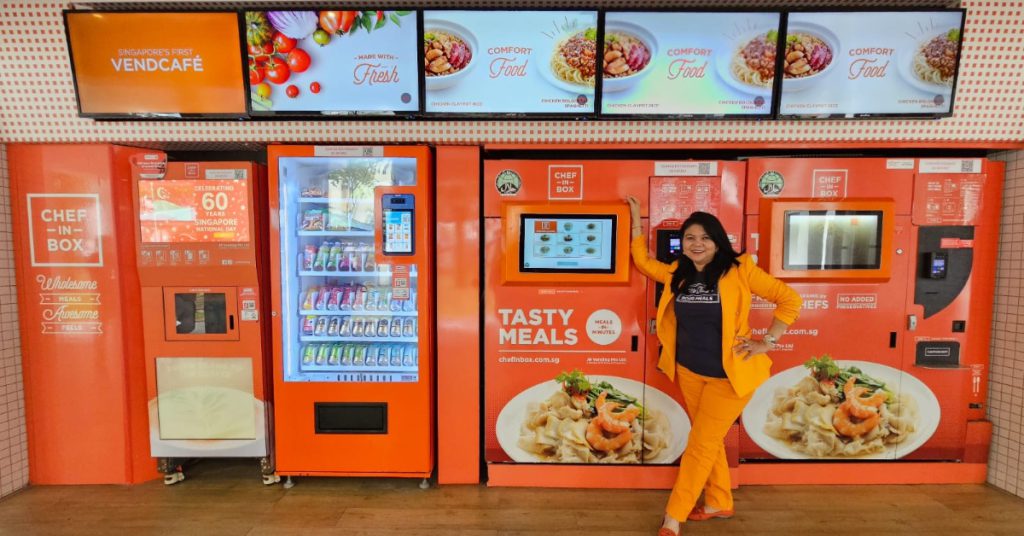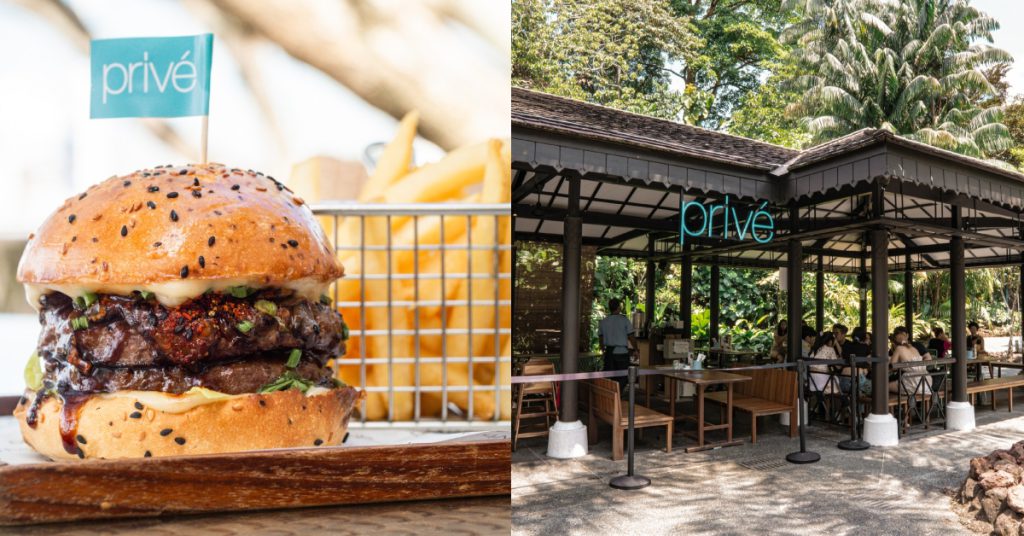Last year, this “International Number Ones” map hailed Singapore as having the world’s “Healthiest People”. Although we (surprisingly) did not manage to claim the namesake of “Best at Mathematics and Sciences”, the financial burden that comes with owning a car made me feel that we probably should have been #1 at “Car Costs”.
According to financial literacy site DollarsandSense, there are many factors compounding car costs in Singapore, from the vehicle’s open market value to the infamous COE.
We spoke to 10 Singaporean drivers to get more insights on how they manage these costs. Our savvy drivers range from their early twenties to forties, with more than a year’s experience behind the wheel. Their vehicles include a Kia Koup, Mercedes C180, Honda Jazz and Honda Airwave.
Singaporean Drivers Spend An Average Of $200/Month On Petrol
While the average monthly fuel spend is approximately $200, our drivers claim the figure can range between $80 to $800, depending on the intensity and frequency of driving. Factor in running costs such as road tax, insurance, service and repair, ERP and parking, and the amount spent on cars can easily shoot up another few hundred.
As a non-driver, these numbers gave me a good insight into the costs of car ownership here. Fortunately, our drivers have some street-smart tips to share on ow they save money along the way.
Tip #1 – Learn To Do Your Own Maintenance

Find yourself frequently surprised by warning lights flashing on the dashboard?
Regular maintenance is crucial to extending the vehicle life and avoiding hefty repairs down the road. Always refer to the owner’s manual for recommended service schedules (by experts), tyre pressure, and optimal petrol grades to ensure you’re getting what your car needs.
One resourceful driver relies on simple self-maintenance to help keep workshop visits more affordable. More skilled than the average motorist, he changes blown headlight bulbs and tackles new air filter installations on his own, guided by car manual instructions. These ad-hoc tasks may help you to accumulate savings towards the occasional good meal out, but should definitely be approached with caution. When in doubt, leave it to the experts.
Washing and vacuuming your own car was another practical tip, helping you save at least $11 each time. However, if this doesn’t quite rev your engine, industry experts suggest looking out for promotions at nearby service stations which offer professional washes at discounted rates, or through loyalty point redemptions.
Tip #2 – Don’t Buy (Useless) Trinkets
We all know that one person who decks out their rides with things showcasing their individuality. The unnecessary weight not only impacts your ride’s fuel efficiency, but can also come at a darker cost.
One driver shares how his parents have a passion for miniature soft toys on the dashboard. These became a safety hazard during a hard braking episode, when one or two offenders found their way near the gas pedal – increasing the chances of frightening consequences in an emergency.
Lesson: leave the assassin bunny on the store shelf.
Tip #3 – Pooling Your Ride

With the rise of third-party private car services like Grab and Uber, drivers interested in turning a quick buck can consider joining carpool services along their travel routes. One surveyed driver dabbled in carpooling services a while back, earning about a hundred dollars extra a week.
If rider horror stories are leaving you less enthused about becoming a carpool driver, updated sharing options may change your mind.
Tip #4 – Cards And Gas Station Memberships

Our drivers fuelled-up across various oil company brands. Their go-to tip was pairing loyalty cards with credit card deals for maximised savings.
For example, 3 drivers use credit cards such as OCBC 365 at Caltex service stations for attractive fuel savings. One appreciates how pairing fuel purchases with a Plus! loyalty card gave her the added flexibility to use LinkPoint rebates for grocery shopping or future Caltex fuel purchases.
Caltex’s partnership with Plus! also helps motorists stretch their dollar by accumulating LinkPoints from fuel and non-fuel purchases alike towards savings on petrol, Caltex car washes, daily necessities, travel and dining.
Interestingly, one driver notes that such loyalty card pairings also contributed towards more affordable premium fuels. As such, higher-end cars didn’t necessarily require a pricier tag for quality fuels. Only one driver plays it safe with numerous loyalty cards, and likely, various credit cards. Always handy.
Driving Doesn’t Need To Be That Expensive
Managing car costs in Singapore need not be a pricey habit… well, maybe not that pricey.
Although I would certainly not be jumping at the chance to get a car of my own just to take advantage of these cost-saving tips, there is always something to learn about reducing costs no matter your level of driving experience.
What are some of your money-saving tips as a driver? Let us know!
Featured Image Credit: Loong Mei Yan / Vulcan Post











